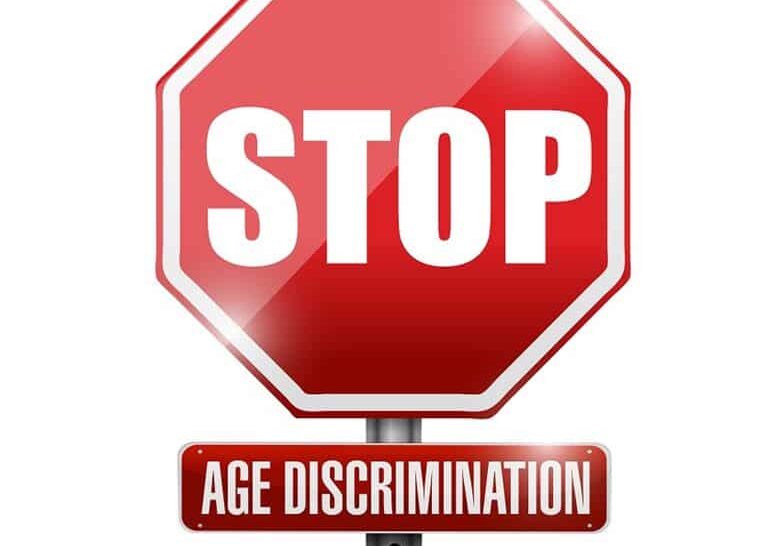Age discrimination at work and how to avoid it

Members of staff are never too old to be discriminated against, as the recent case of an 88‐year‐old former medical secretary clearly shows.
A Royal Berkshire NHS Foundation Trust employee has become the oldest person in Britain to win an age discrimination case after a Tribunal found she had been treated less favourably than a younger person.
The employee, Mrs Jolly – who has a heart condition and arthritis – also successfully won a disability discrimination claim against her employer.
Mrs Jolly had worked for the Trust for 25 years but was dismissed on the grounds of capability at the age of 86.
Remarks from other staff members alluding to Mrs Jolly’s “frailty”, her inability to walk the length of the building and being stuck in “old secretarial ways” would not have been tolerated about a younger employee, the Tribunal found.
It also ruled that the Trust had treated Mrs Jolly in a discriminatory way by not giving her the same training opportunities so she could adapt to changes to her role.
According to advisory and conciliation body, ACAS, ageism is one of the most common forms of unfair treatment at work.
And, as Mrs Jolly’s case shows, employers risk stereotyping older workers if they make assumptions about what a person is capable of based on that employee’s age.
This can lead to more mature staff missing out on career advancement and the chance to update their skills, resulting in de‐motivation and poor workplace morale.
At no stage when providing training and announcing promotions should employers let a person’s age influence their decisions or cloud their judgement.
Just because an employee has been with your company for several years in the same role and has shown no interest in career progression, it does not mean they should be denied the chance of further training. Conversely you should not put off a younger person from applying for more demanding, senior roles if they have the skills and ability to do the job.
Appraisals can also lead to ageist behaviour if not handled carefully and sensitively. You must not raise the subject of employees’ retirement plans during their appraisal – although you can ask them about their short, medium and long‐term work goals, on the understanding that you’re shaping your workforce to meet your organisation’s future needs.
To avoid stereotyping workers – and potentially discriminating on age grounds – ACAS recommends bringing together people of different age groups in teams or on projects. It also advocates judging people on job performance and encouraging intergenerational working so people can learn from each other.
Employers also shouldn’t underestimate the harm ageist language might cause. Older workers might, for instance, be hurt to be told that they are “past it”, while younger staff won’t appreciate belittling terms like “snowflake.”
Diversity in the workforce in all its forms is a good thing and should be celebrated. People of all ages and backgrounds have something to bring to the party and older members of staff must not be seen as an obstacle to business development.
Mrs Jolly’s case throws into sharp focus the importance of treating all staff members with respect and ensuring that your workplace complies fully with age discrimination legislation.
Angela Clay
A qualified employment law solicitor and our managing director, Angela has unparalleled legal expertise and decades of experience and knowledge to draw from. She’s a passionate speaker and writer that loves to keep employers updated with upcoming changes to legislation, and is a regular guest speaker on BBC Leicester Radio.




